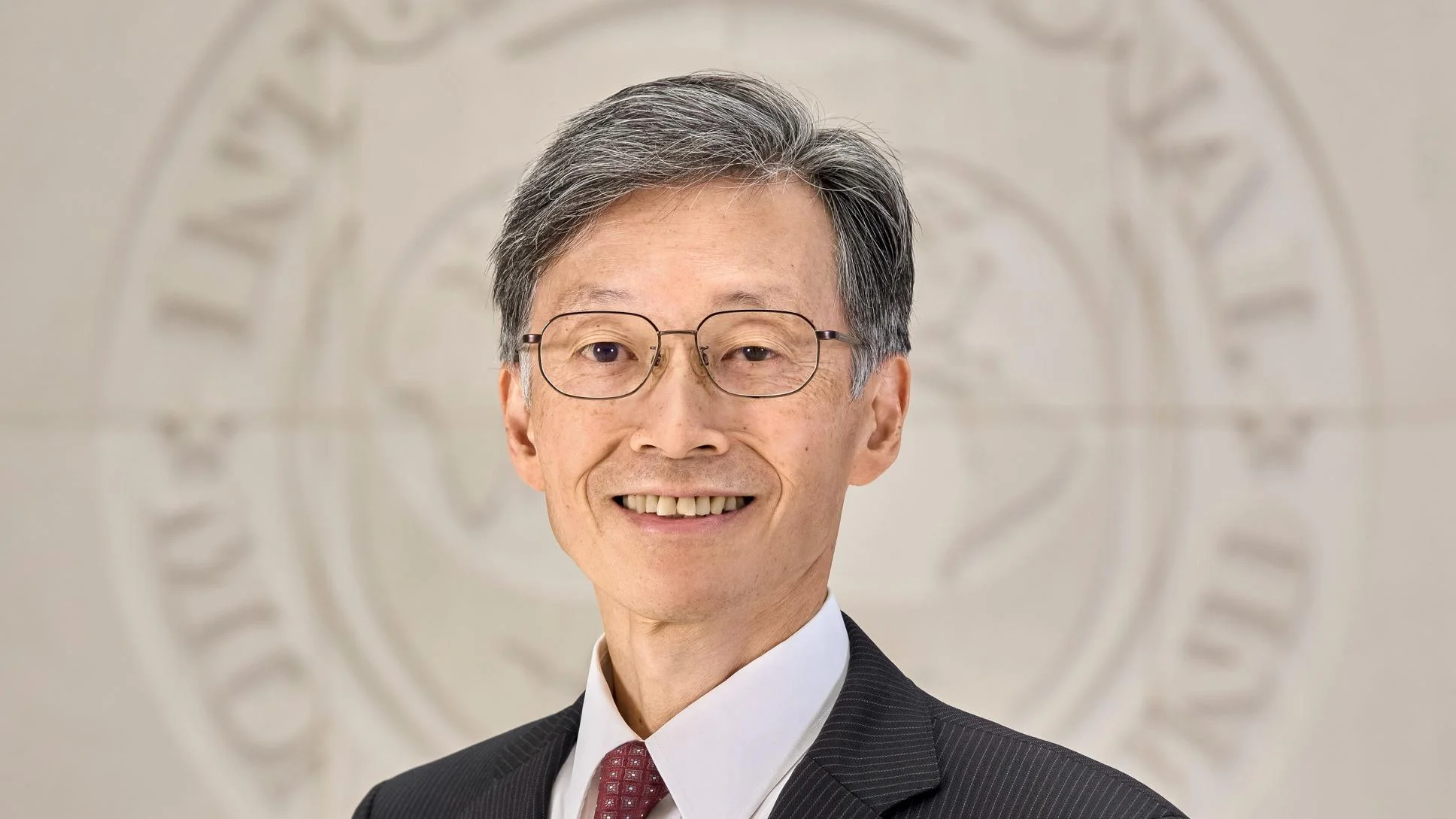An International Monetary Fund (IMF) team, led by Yan Carrière-Swallow, visited Dili from June 19 to July 2 for the 2025 Article IV consultation with Timor-Leste. At the end of their discussions, Mr. Carrière-Swallow made a statement highlighting several key points about Timor-Leste's economic situation and future prospects.
"Timor-Leste’s financial buffers and favorable demographics provide an opportunity to develop its economy," he stated. Despite progress since independence, the economy remains under-diversified with significant fiscal and external imbalances. The IMF welcomes Timor-Leste’s efforts towards greater economic integration through World Trade Organization membership and potential ASEAN accession.
Growth is projected to be robust at 3.9 percent in 2025, supported by fiscal expansion and strong credit growth, but it is expected to moderate to 3.3 percent in 2026. Inflation is anticipated to average 0.9 percent in 2025 and rise to 1.8 percent in 2026 as global food prices increase.
Mr. Carrière-Swallow emphasized that the 2026 budget should focus on high-quality spending on physical and human capital while controlling recurrent expenditure. The government aims to manage the public sector wage bill and implement a Value Added Tax by January 2027.
Without further reforms, deficits are expected to remain large over the medium term, potentially depleting the Petroleum Fund by the end of the 2030s. A recommended reform agenda over ten years could help support private sector development while reducing fiscal deficits gradually.
The IMF acknowledges progress in financial sector reforms such as an insolvency framework and new banking laws that could support private sector development. Accelerating land title issuance and establishing a national digital ID system are crucial for boosting credit access and improving public spending efficiency.
The team engaged in productive discussions with various stakeholders including Minister of Finance Santina Cardoso, Central Bank Governor Hélder Lopes, senior officials, private sector representatives, civil society members, and development partners.
"The IMF stands ready to continue providing capacity development to assist the government’s operations and reform efforts," concluded Mr. Carrière-Swallow.

